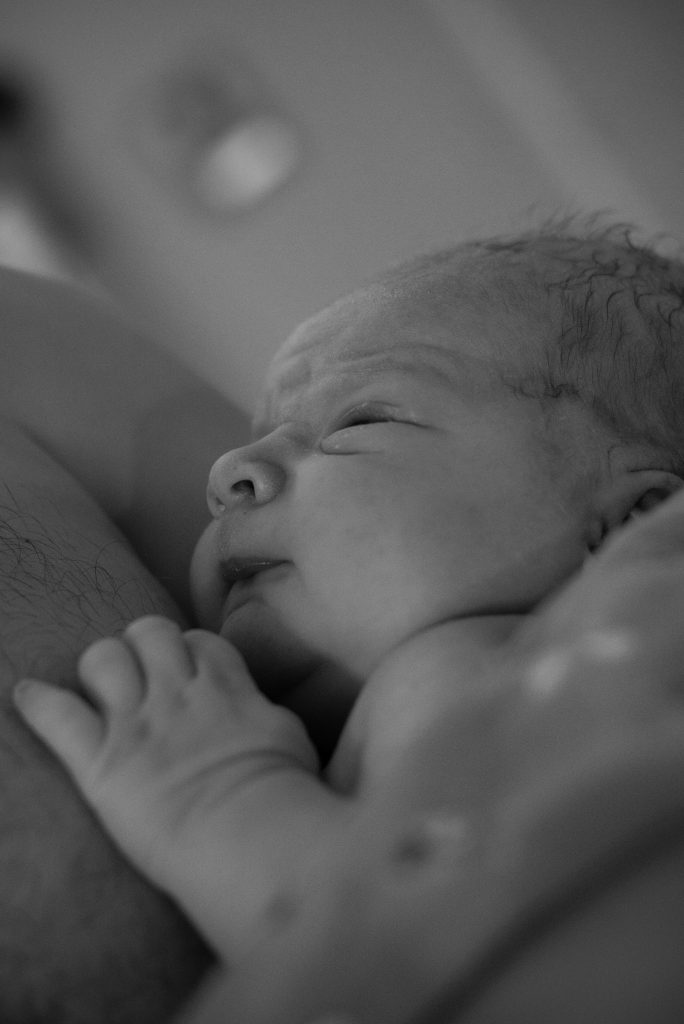


FAQ
We offer informed choice

FAQ
We offer choice of birthplace

FAQ
We offer continuity of care

Frequently Asked Questions
About Midwifery in Ontario
Midwifery is fully funded by the Ontario Ministry of Health for all permanent residents of Ontario or for those who have applied for permanent residency. There is no additional cost associated with your Midwifery care if you are a permanent resident of Ontario or if you have applied for permanent residency. If your midwife offers prenatal classes, there may be a charge associated with that, as it is not generally included as part of midwifery services.
After many years of work by consumers and midwives, midwifery became a legally recognized health profession in Ontario, with the proclamation of the Midwifery Act on January 1, 1994.
Midwives support a client’s choice of birthplace, be that home or hospital. Midwives have admitting privileges at hospitals, just as physicians do, and can provide complete childbirth care for you and your baby in the hospital setting.
Midwives are primary care providers, which means that you do not need a referral to enter care with a midwife and you do not need to see a doctor before coming into Midwifery care, if you have been booked into care at the beginning of your pregnancy. Midwives can order blood tests and ultrasounds, and provide complete childbirth care. If you should require medical attention unrelated to your pregnancy, then you would need to be seen by your physician. During your pregnancy, your midwives are available to you on-call 24 hours a day.
We schedule visits based on individual client needs. Generally, we will see a client ten visits in a first pregnancy and seven visits in a subsequent pregnancy, as long as clients do not develop any risk factors. After your booking appointment, you will see your midwives once or twice until you reach 28 weeks gestation. Your midwives will then see you every 2-3 weeks until you reach 37 weeks gestation, when you will begin to attend prenatal clinic every 1-2 weeks until you have your baby.
We offer the option to follow the NICE guidelines for uncomplicated pregnancy in the U.K. which are the most current evidence based guidelines on prenatal care schedule and best practice (updated 2018).
Your midwife will be responsible for your care during pregnancy, childbirth and for the first six weeks postpartum. Your midwife will also care for your baby during that time. After that, care for you and your baby is discharged back to your family physician.
Midwives are guided by the College of Midwives of Ontario document called “Indications for Mandatory Discussion, Consultation and Transfer of Care”, with respect to a client’s medical history or problems that arise during pregnancy. If a problem arises during pregnancy, your care may be handled collaboratively with a specialist (usually an obstetrician), or completely transferred to obstetrical care. If your care is transferred, your midwife would provide supportive care for you during the labour and birth, and resume caring for you and your baby after the birth, providing all is well. Similarly, if your baby develops any problems after the birth, specialist care would be consulted as needed.


Midwives practicing in Ontario have been educated through various routes. The midwives who practiced prior to legislation underwent an assessment process through the Michener Institute of Technology prior to registration. Midwives trained in other countries may have their education and training assessed by the College of Midwives of Ontario and be registered after having met standards set by the College. The midwives in Thames Valley Midwives are graduates of the Ontario University Midwifery Education Program, a four-year baccalaureate degree which is offered at McMaster, and Toronto Universities or have received formal midwifery training in another jurisdiction and have then had their credentials recognized.
Midwives are trained to handle a variety of emergencies that might occur at the time of birth, and are required to recertify in Neonatal Resuscitation each year to maintain their registration. At home births, midwives carry oxygen, resuscitation equipment and drugs to control bleeding. Midwives are trained to suture tears and episiotomies.
Your midwife will stay with you for around two hours after the birth of your baby, and then visit you on day 1, 3 and 5 postpartum, and sometime during the beginning of the second week. Your midwife may visit more often or change this schedule based on an individual care plan. As in your pregnancy, your midwife is on-call for you 24-hours/day during this crucial time. At two, four and six weeks, you will be asked to come to the clinic to have you and your baby checked.
It is true that the demand for midwifery services in Ontario currently far exceeds our ability to provide care. In other words there aren’t enough midwives in the province! If you desire midwifery care and are pregnant, please call as soon as possible! Waiting until you confirm you pregnancy with your physician may mean that you will be placed on a waiting list for our care.
When you book into our care, we will provide you with information on choices that you have during your care. Early in your care we will offer you a genetic test called First Trimester Prenatal Screening. As this decision needs to be made prior to 11 weeks gestation, we have provided a link to some reading material here.
